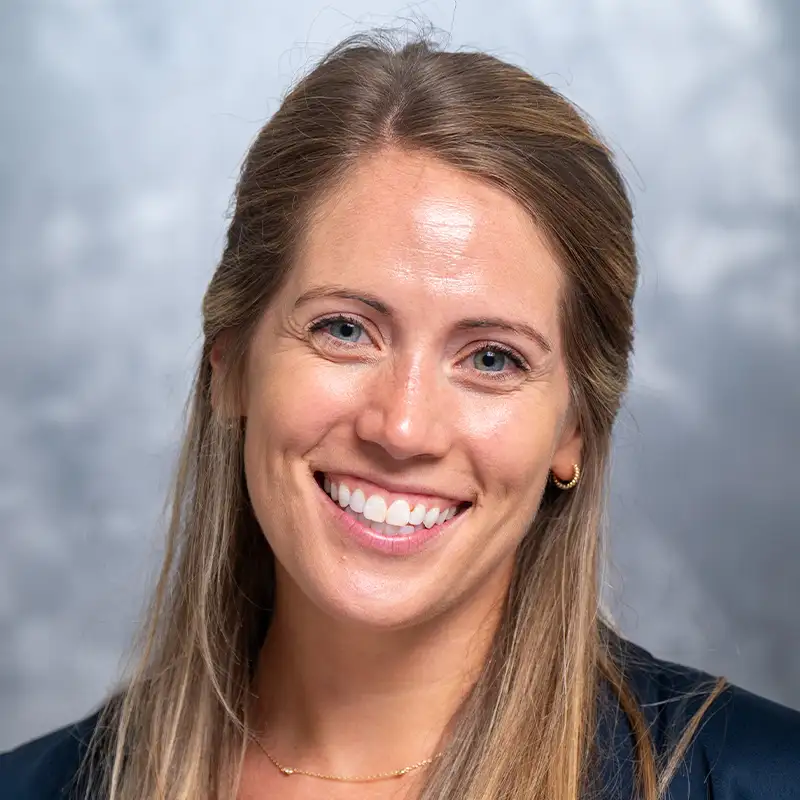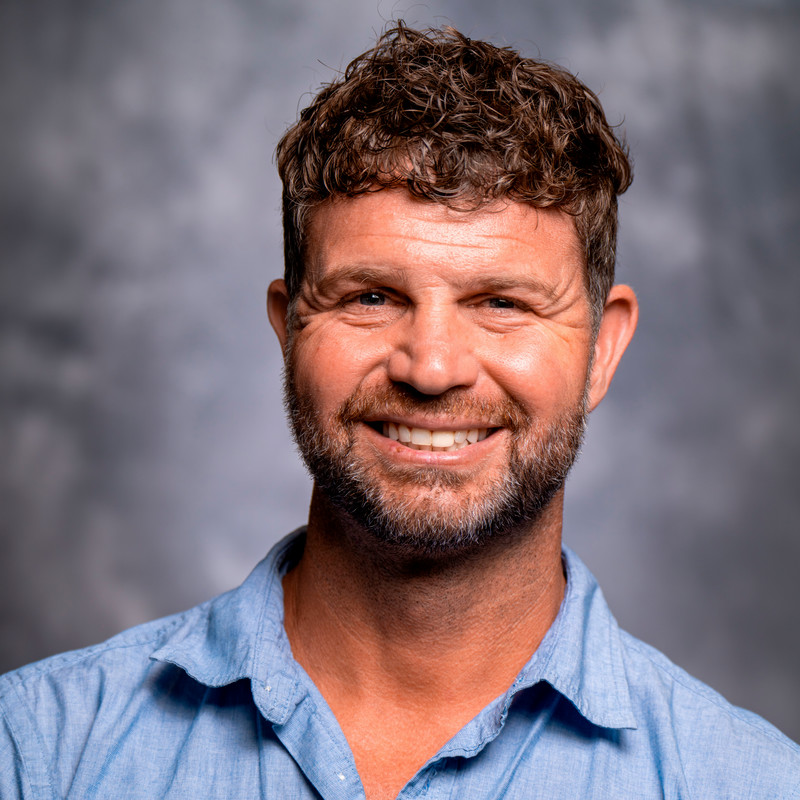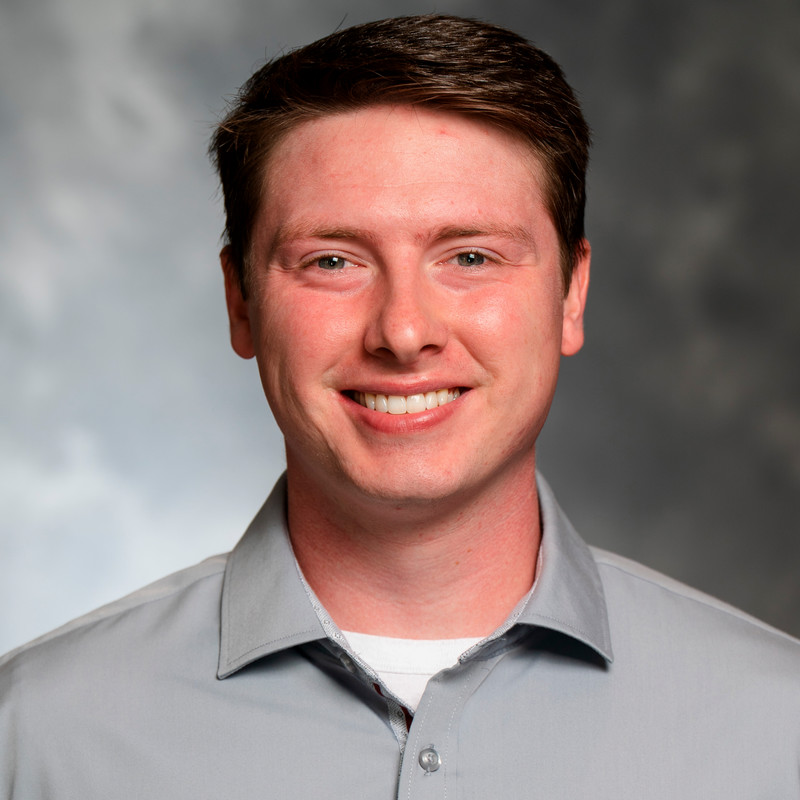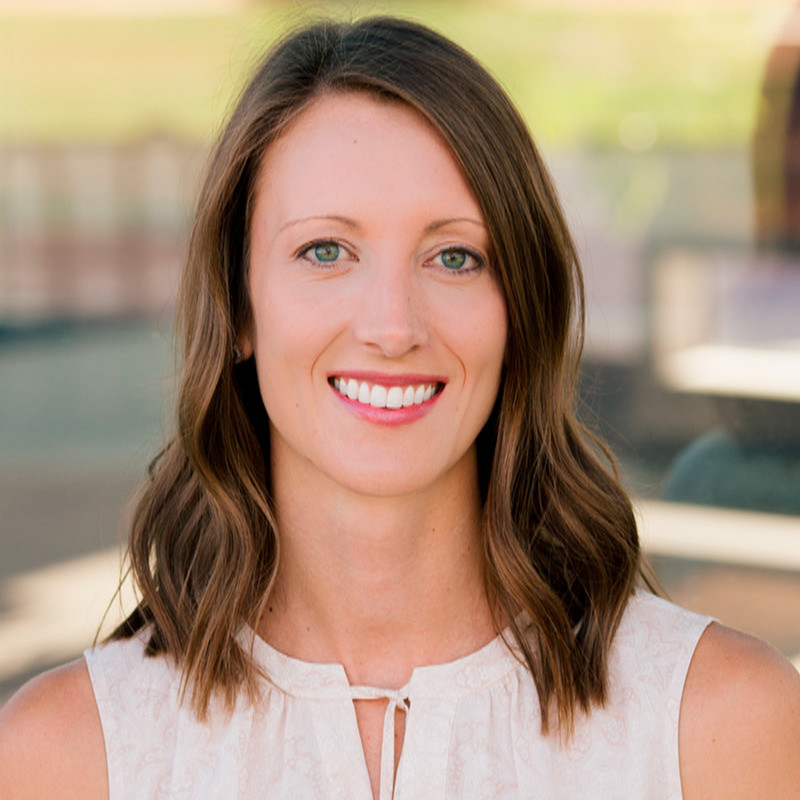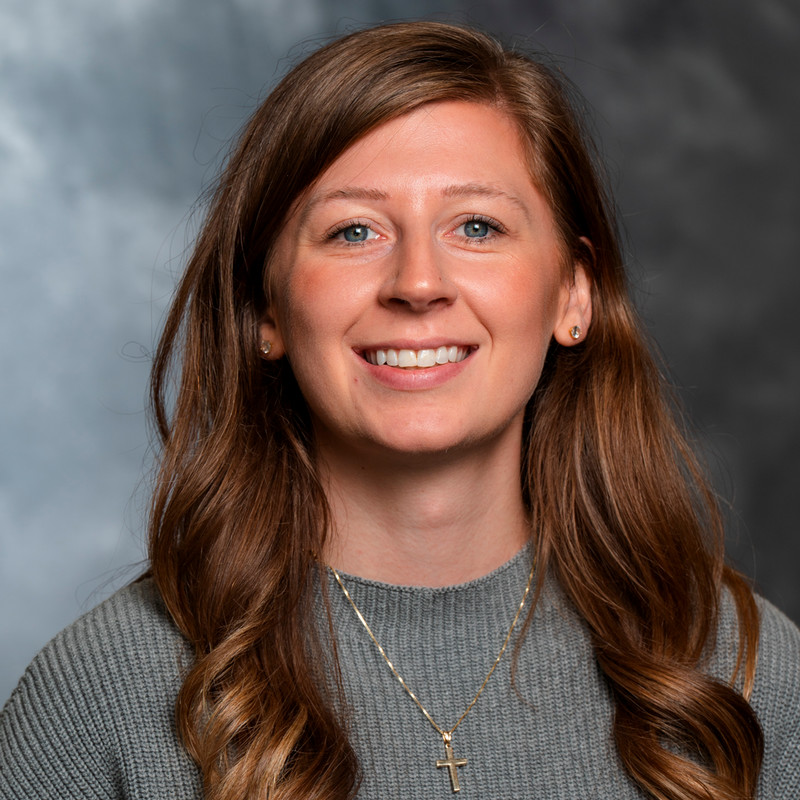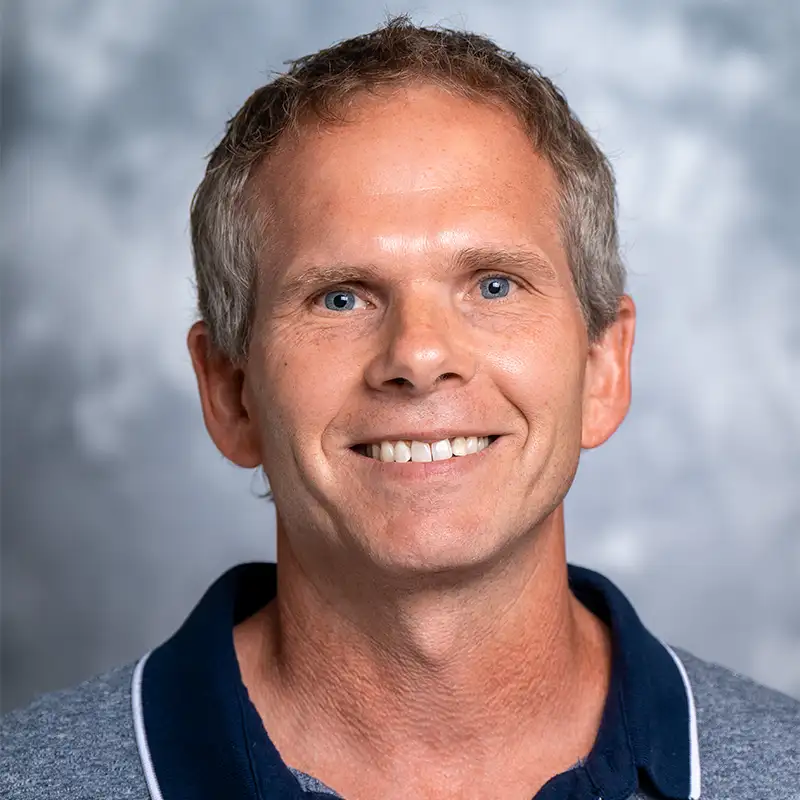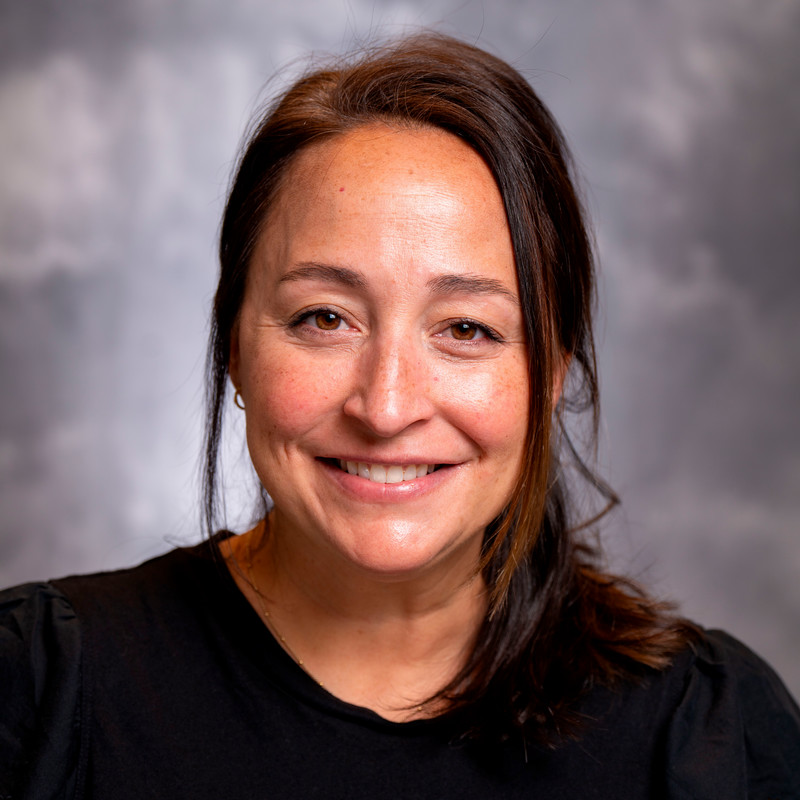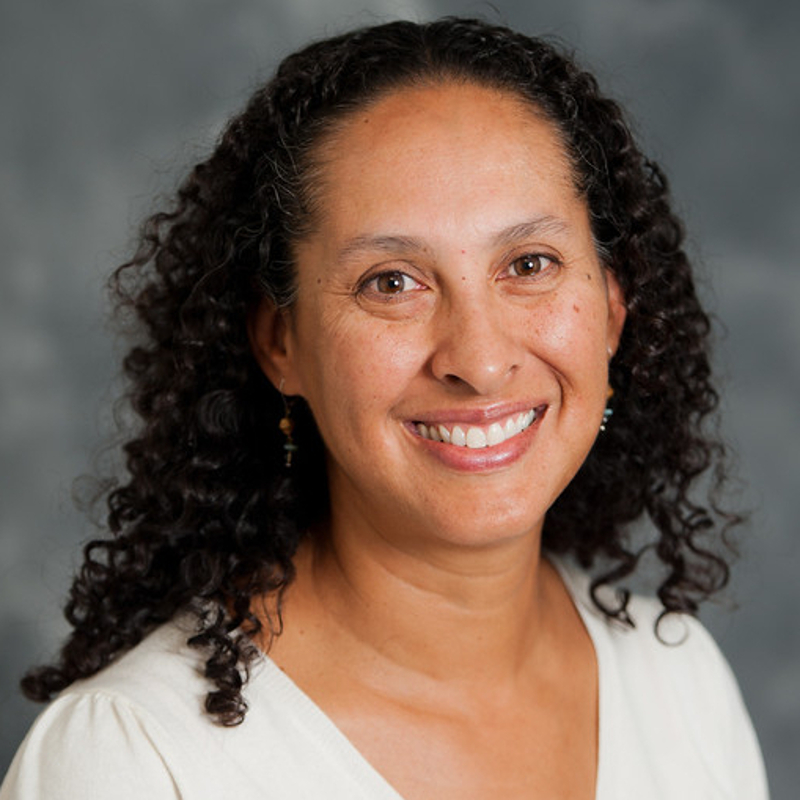Why Major in Exercise Science at Belmont?
There are many reasons why Belmont should be your first choice to pursue a career in exercise science. With hands-on opportunities for services, students will find countless opportunities to learn necessary skills while getting involved in the community.
 Professional Preparedness
Professional Preparedness
Explore a variety of professional pathways including preparation for graduate programs or careers in the rehabilitation, health, fitness, recreation, sport performance or wellness industries.
Our curriculum is specifically designed to prepare you for multiple career paths, including rehabilitation sciences, strength and conditioning, sports performance, fitness management, corporate wellness and clinical exercise physiology.
Leadership Opportunities
Small, hands-on classes provide opportunities to develop leadership skills for fitness or wellness programming and implementation.
Interprofessional Collaboration
Housed within a college with graduate programs in physical therapy and occupational therapy, our students participate in exciting practice and research.
Internships in Nashville
Abundant opportunities exist to pursue off-campus internships in Nashville, a city known as the health care industry capital of the U.S., and home to four professional sports teams.
Nationally Recognized Certifications
Preparation for nationally recognized certifications through the American College of Sports Medicine, National Strength and Conditioning Association and Functional Range Systems enhances our graduates’ marketability.
Our curriculum aligns with standards set by leading industry organizations, preparing students for nationally recognized certifications.
Request Information
Nashville, the Healthcare Capital Advantage
- Nashville is widely recognized as "the health services capital of the United States" with more than 500 healthcare companies that contribute nearly $68 billion and 330,000 jobs to the regional economy (Forbes)
- Home to three major professional sports teams — Tennessee Titans (NFL), Nashville Predators (NHL) and Nashville SC (MLS) — plus the Nashville Sounds Triple-A baseball team, offering diverse internship opportunities
- Professional sports venues include Nissan Stadium, Bridgestone Arena, GEODIS Park and First Horizon Park, all providing potential clinical and performance training settings
- Major health systems including HCA Healthcare, Community Health Systems and Vanderbilt University Medical Center establish Nashville as a hub for healthcare innovation and employment
- The Nashville Health Care Council fosters collaboration among more than 300 healthcare companies, creating networking and professional development opportunities for students (Nashville Health Care Council, 2024).
- The city's urban-suburban balance offers both professional opportunities and quality of life advantages that make it attractive for students beginning their careers (CNBC, 2023).
What You'll Learn
You will develop a thorough understanding of and appreciation for proper movement.
You will better understand how the body functions physiologically during exercise and how the body adapts to its demands.
You will learn how to perform various fitness assessments and how to prescribe exercise accordingly.
You will develop a better understanding of the prevention and treatment of common exercise related injuries.
You will learn about the nutritive value of foods and how food choices affect the health of an individual.
Program Curriculum
The Exercise Science major is designed to give students the background and expertise to pursue a career in a health of fitness-related field. The major also prepares students for graduate study in exercise science. This major does not lead to teacher certification. A major in exercise science leads to the Bachelor of Science (B.S.) and requires a total of 128 credit hours of coursework:
- BELL core requirements: 53 hours
- Technical requirements: 8 hours
- Major requirements: 36-37 hours
- Minor requirement: 18 hours
- General electives: 21-22 hours (minimum)
Download an example program of study
Courses You'll Take
Major Requirements
BIO 2230: Human Anatomy and Physiology I
A study of the cells and tissues as well as the skeletal, muscular, neural, and special sensory systems of the human body. Two hours lecture and 4 hours laboratory per week.
EXS 1010: Foundations of Exercise Science
This course will enable students to discover the variety of topics, fields of study, and community opportunities as it pertains to exercise science, health and physical education, and sport. Students will be involved in assessing career paths through experiential learning.
EXS 2000: Kinesiology
This course will address the structure and function of the human body as it applies to movement, exercise, and sport.
EXS 3120: Laboratory Methods in Exercise Science
This course will introduce the rationale, procedures, and interpretation of health/fitness assessments with particular attention given to practical application appropriate for these assessments.
SPM 2350: Prevention and Treatment of Injury
Designed to help students recognize and control injury risk factors through an introduction to the public health approach to injury prevention. Additionally, it includes skills training for certification in CPR, AED, and first aid to provide immediate and temporary care in the event of an injury or sudden illness. There will be a fee for this course to cover certification cards.
EXS 3010: Exercise Physiology
This course deals with the functional physiological changes in the human body brought about by acute and chronic exercise. Energy systems of exercise, physiological support systems, and methods of physical training are addressed.
NTR 2230: Principles of Nutrition
The study of the nutritive value of foods, the effect of food on the overall health of the individual, and nutritional needs throughout the life span. The course will explore how the body fuels itself, and the effects of diet on performance, health and well-being.
EXS 4210: Exercise Prescription
This course will focus on the knowledge and skills necessary for the development and implementation of an exercise prescription according to guidelines established by the American College of Sports Medicine.
EXS 4500: Internship in Exercise Science
This course is designed to give students practical work experience in an Exercise Science related field. The internship will culminate with a final report summarizing the quality of the experience. Pass/Fail.
EXS 4015: Senior Capstone in Exercise Science
This is a senior level course that will focus on reading and understanding the research pertinent to Exercise Science, preparation for certification exams, job seeking skills and current events in Exercise Science.
STR 4110: Optimizing Human Performance
The purpose of this course is to provide practical knowledge to develop mobility, enhanced movement, posture, and recovery between training sessions, while improving human performance and quality of life.
Exercise Science Elective Courses:
BIO 2240: Human Anatomy and Physiology II
A study of the endocrine, cardiovascular, pulmonary, gastrointestinal, renal, and reproductive systems of the human body. Three hours lecture and two hours laboratory per week.
EXS 3000: Electrocardiography
This course will discuss cardiovascular physiology and the theory and practice of electrocardiogram interpretation as it relates to fitness and clinical programs.
NTR 3440: Nutrition for Physical Activity
Application of nutrition principles to health promotion such as weight management, sports nutrition, eating disorders, and disease prevention. The course includes program development, assessment, and evaluation. An emphasis on methods of teaching, principles of effective communication, and motivation are covered.
Exercise Science 3+3 to OT or PT
Belmont University provides an opportunity for high-achieving students majoring in Exercise Science to gain guaranteed admission into one of the university’s doctoral programs in Occupational Therapy (OTD) or Physical Therapy (DPT) after only 3 years of undergraduate study (one less year of a traditional undergraduate experience).
Both the OTD and DPT programs can be completed within three additional years for a total of 6 years (“3+3”) at Belmont. Students should indicate intent to pursue the 3+3 program in their initial application for admission. To complete all required coursework within the first three years, students must confirm their intent to pursue the 3+3 program before the start of their freshman year for PT or before their second semester for OT.
There is no better place to learn Exercise Science than in Nashville. In fact, many of our students have found full-time employment from the required internship they complete while in college. All Exercise Science students must complete a 150-hour internship, and placement can be chosen based on a student’s career interests. Hours can be used to satisfy Occupational or Physical Therapy observation hours (a graduate application requirement).
We support our students in their efforts to secure their required internship and have located placements with professional, minor league and collegiate sport environments. Over the years, students continue to point to their internship experience as one of their most valuable, as it validates the curriculum and helps students realize how much they’ve learned.
Internship partners include:
- STAR Physical Therapy
- Chadwick's Fitness and Performance Training
- Sports 4 All
- YMCA of Middle Tennessee
- Ensworth High School
- Vanderbilt University Strength and Conditioning
- Belmont University FitRec
- D1 Sports Training
- Father Ryan High School
- Belmont University Strength and Conditioning
- TITLE Boxing Club
- Rock Steady Boxing
- Bridges for the Deaf and Hard of Hearing
- Small World Yoga
- IronTribe Fitness
- Children's Environmental Health Network
- ARIS Futbol Club
- Pure Sweat Basketball
- Girls on the Run
- Vanderbilt Sports Medicine
Student and Alumni Testimonies
Career Possibilities
A licensed health care professional who helps patients reduce pain, prevent disability and improve or restore mobility.
An accredited health care professional who treats injured, ill, disabled patients to improve their ability to perform daily living activities.
Professionals who create customized exercise plans to attain clients’ goals, teach clients correct technique, motivate and keep them accountable and have fun.
Professionals who work within corporate environment to prioritize the health of an organization’s employees and community.
Professionals who work in educational environments to provide recreation and fitness programming.
Physical performance professional who works with athletes and teams to improve performance through exercise.
- Clinical Exercise Physiologist: Develops exercise programs for patients with chronic diseases and conditions.
- Rehabilitation Specialist: Designs and implements rehabilitation programs for individuals recovering from injuries.
- Health and Wellness Coach: Provides guidance for clients seeking to improve overall health through lifestyle changes.
- Sports Performance Specialist: Assesses athletic performance and develops training protocols for enhanced sport-specific abilities.
Learn from the Best
Expert faculty with extensive industry experience and advanced degrees provide personalized attention in our program. Professors maintain active research agendas and professional connections throughout Nashville's healthcare community, bringing real-world insights directly to the classroom. Our faculty includes certified strength and conditioning specialists, clinical exercise physiologists, and rehabilitation experts who are committed to mentoring students and helping them build professional networks before graduation.
Frequently Asked Questions
Yes, Exercise Science is classified as a STEM major because it involves the scientific study of human movement through disciplines like anatomy, physiology, biomechanics and kinesiology. At Belmont, students gain a strong science foundation paired with hands-on learning experiences.
Through Belmont’s program, students are prepared to pursue respected certifications such as those offered by the American College of Sports Medicine (ACSM) and the National Strength and Conditioning Association (NSCA), which enhance professional credibility and job readiness.
Belmont’s Exercise Science program prepares students for a variety of graduate-level healthcare careers, including physical therapy, occupational therapy, physician assistant studies, athletic training and exercise physiology. Students interested in physical or occupational therapy may be eligible for Belmont’s Exercise Science 3+3 pathway, which offers guaranteed admission into the Doctor of Physical Therapy (DPT) or Doctor of Occupational Therapy (OTD) programs after just three years of undergraduate study. These accelerated programs allow students to earn both a bachelor’s and doctoral degree in only six years.
Career paths for Exercise Science graduates often include physical therapy, personal training, strength and conditioning, occupational therapy, wellness coaching and campus recreation, with many students also pursuing graduate school. You can explore salary and job outlook information at the U.S. Bureau of Labor Statistics.
Choosing between Exercise Science and Kinesiology depends on your goals, but Exercise Science at Belmont offers a focused, science-driven approach ideal for students interested in clinical or performance-based careers in health and wellness.
Contact Us
College of Pharmacy & Health Sciences
Linda Arce
Senior Admissions Coordinator
615.460.5193
Email Linda
Schedule a Call





